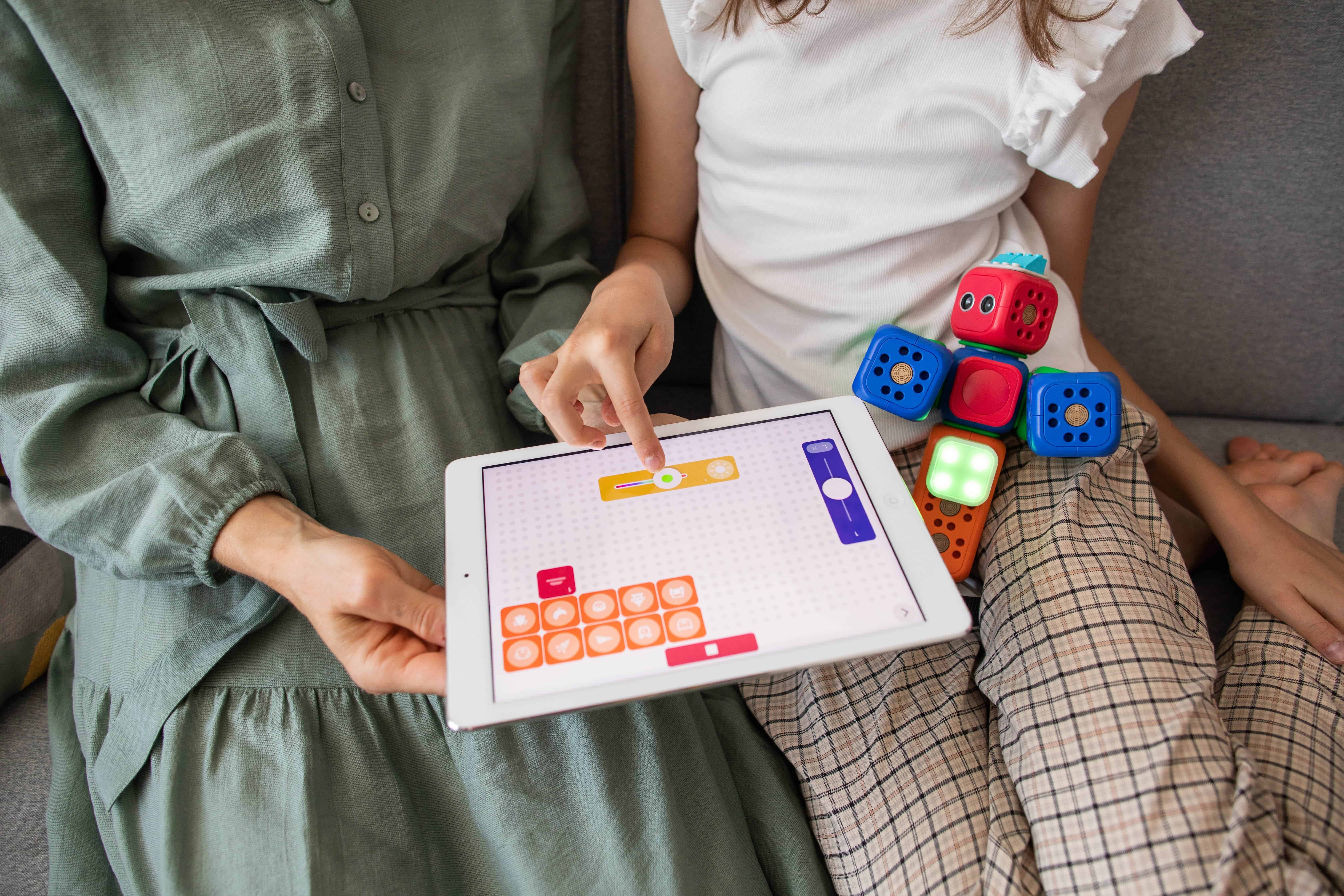
Screens and other technologies are such a major part of modern life and culture. I mean, the entire world runs on technology. As a parent, this can be understood as a positive or negative trend or pattern. Basically, it simply depends on how you feel about screen time and its effects on kids. One thing without a doubt is if you don’t stay on top of the management of your child’s screen use, you will probably live to think twice about it.
There is more to managing screen time than just reducing duration and access. What are the ideal approaches to help manage your child’s screen? In this article, we will do our possible best to list things that you should know about managing your child’s screen time. Keep in mind, knowledge or information is power.
Educate Yourself on Electronics
Today’s kids are tech-savvy. Most of them know more about electronics than adults do. Parents need to stay up-to-date on the latest apps, games, and social media platforms, and trends.
For Instance, you cannot teach your child about the risk of social media unless you understand the danger that comes with it yourself. Moreover, you wouldn’t have the option to keep them from consuming certain types of media (such as violent video games and the likes) if you don’t understand how these forms of media are rated.
Consider Your Child’s Maturity Level
Prior to making any decisions about screen time, consider your child’s maturity level. Ideally, as your child becomes older, they should be able to handle more responsibility and make rational decisions. However, this is not always the case. If you child is irresponsible, immature, and has an attitude, think of all of the negative’s ways that technology can amplify this. Make sure that your child can handle all of the responsibility that comes along with technology.
Let Them Earn Screen Time
In this day and age, kids are just handed things that previous generations would have to work for. For example, most parents buy kids phones, just because they asked for one. At the very least, make your children do chores to earn their screen time. For younger children, ask them to straighten up their room and put away their toys. For teens, make them take out the trash, vacuum the living room or do chores you know they can handle. They should know that you own the devices and they are just renting them. You might to decide to make screen time a privilege rather than a right.
Model Appropriate Screen Time Behavior
As we all know, parents or caregivers are children’s first teacher, so if you want your kids to use technology appropriately, you need to model healthy digital habits.
Establish “Technology-Free Zones”
Set up zones in your house where electronics basically are not permitted —whether it’s cell phones, handheld video games, iPad or laptops. One example is your home’s dining room or kitchen. With screens off, families can have in-depth conversations, and stay in touch with each other’s lives. This can create more intimate bonds, and promote a healthy family dynamic.
Set Aside Times to Unplug
Set aside times for your entire family to unplug from their technological devices. Dinnertime or an hour before bedtime are two examples. At the point When all of you consent or agree to set aside your devices, it presents your family with the opportunity to spend thoughtful, quality time together. Making it clear to your kids when they allowed on screens and when they are not will help to clarify your expectations and can prevent arguments.
Utilize Parental Controls
There are tools you can use to protect your kids from accessing explicit content on the Internet and on TV. Most routers, web browsers, and TVs have parental controls that you can set up to filter or block unwanted content.
If your kids have smartphones, there are also built-in settings or apps you can download that allow you to create content filters. Many also allow you to block specific websites, web searches, or even keywords.
It is important to make sure that your children know exactly what will happen if they do not follow the screen time rules. This can range from losing privileges for a couple of hours to days to weeks.
Select The Content That They Are Allowed to Use
Kids should only be allowed to consume or play content that you have approved. Never allow a child to make adult choices. We all know how it turns out. When approving content, keep in mind that content ratings are a good start, but far from a sure bet. If you care about your child’s intellectual development, only choose content that is high quality.
Encourage Other Activities
With the wealth of apps, games, devices and content, it’s easy for kids to become dependent on electronics for entertainment. Encourage your child to seek out and get involved in activities that don’t need a screen. Playing outside, reading a book, playing scrabble are just a few ideas amongst many.

